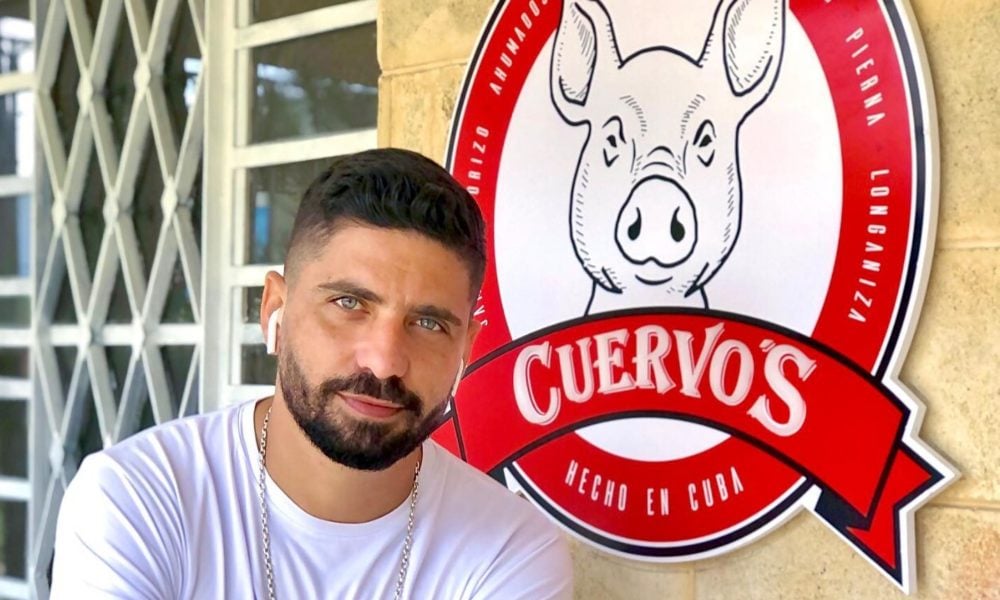Evangeliumstext (Joh 6,51-58):
At that time Jesus said to the crowd, I am the living bread that came down from heaven. Whoever eats this bread will live forever. The bread that I will give is my flesh, I give it for the life of the world.
The Jews quarreled and said: How can he give us his meat to eat? Jesus said to them, Amen, amen, I say to you, if you do not eat the flesh of the Son of Man and do not drink his blood, you will not have life in you. Whoever eats my flesh and drinks my blood has eternal life and I will raise them up on the last day. For my flesh is really food and my blood is really drink. Whoever eats my flesh and drinks my blood stays in me and I stay in him. As the living Father sent me and as I live through the Father, so whoever eats me will live through me. This is the bread that came down from heaven. It is not like the bread that the fathers ate; they died. But whoever eats this bread will live forever.
–
«I am the living bread that came down from heaven. Whoever eats this bread will live forever »
Today the message that we are to hear and live is contained in the “bread”. The sixth chapter of the Gospel of St. John refers to the miracle of the multiplication of the bread, followed by a long speech from Jesus, from which we hear an excerpt today. It is of great interest to understand him, not only to experience the Feast of Corpus Christi and the sacrament of the Eucharist, but also to understand one of the central messages of his Gospel.
Masses of hungry people need bread. A whole human race condemned to death and utter emptiness and lacking hope needs Jesus. There is the believing people of God who are in motion, who visibly need him in order to be able to continue to live from him, in order to achieve life. Three types of hunger, three experiences of satiety associated with three types of bread: material bread, the bread of the person of Jesus Christ and the Eucharistic bread.
We know that the most important bread is Jesus Christ. Without him we can in no way live: “For apart from me you can do nothing” (Jn 15,5). But he himself wanted to give bread to the hungry, and on top of that he made it one of the basic evangelical commitments. Surely he thought it was good to reveal and authenticate the saving love of God in this way. But he also wanted to make himself accessible to us in the form of bread, so that we, who are still walking through history, remain in this love and thus reach life.
Saint Augustine commented on this Gospel with daring and vivid sentences: “When Christ is eaten, he eats life (…). So if you separate yourself to the point that you do not want to take either the body or the blood of the Lord, it is to be feared that you will die ».
– .


